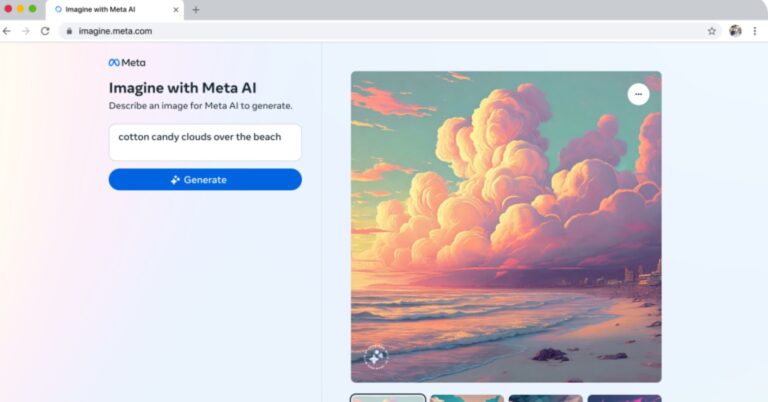Meta has launched Llama 3.1, the largest-ever open-source AI model, which it claims outperforms leading models like GPT-4o and Claude 3.5 Sonnet. Meta aims to make Llama 3.1 widely accessible, predicting it will become the most-used AI assistant by the end of the year.

Meta’s Llama 3.1
Release
– Key Points
Launch of Llama 3.1: Meta’s open-source AI model has 405 billion parameters and was trained using over 16,000 Nvidia H100 GPUs.
Performance: This new model reportedly outperforms OpenAI’s GPT-4o and Anthropic’s Claude 3.5 Sonnet on several benchmarks.
Enhanced Features: The models support a context length of 128K, aiding applications like long-form summarization and multilingual agents.
Open-Source Strategy: Llama models are openly available, promoting innovation and accessibility for developers. Meta believes open-source models will evolve faster than proprietary ones, similar to the success of open-source software like Linux.
Cost Efficiency: This new model is said to be roughly half as expensive to run in production compared to GPT-4o.
Red Teaming and Security: Meta’s testing included potential cybersecurity and biochemical applications, addressing emerging “agentic” behaviors.
Feature Integration: Llama 3.1 can interact with APIs to retrieve web information, generate Python code, and perform complex tasks.
Ecosystem and Partners: Supported by over 25 partners including AWS, NVIDIA, and Google Cloud, Meta’s Llama3 facilitates diverse applications.
Security Tools: New tools like Llama Guard 3 and Prompt Guard enhance the security and responsible use of AI.
User Access and Application: Emphasizing accessibility, Meta’s open-source commitment, ensures that the model is downloadable by anyone, democratizing AI development and use.
The model will be available in more countries and languages, integrated into platforms like WhatsApp, Instagram, and Facebook.
Why This Matters: Meta’s release of Llama 3.1 represents a significant shift towards open-source AI development, potentially accelerating innovation and adoption across various sectors. This move could democratize access to advanced AI capabilities, fostering a more inclusive technological ecosystem.
Read a comprehensive monthly roundup of the latest AI news!






